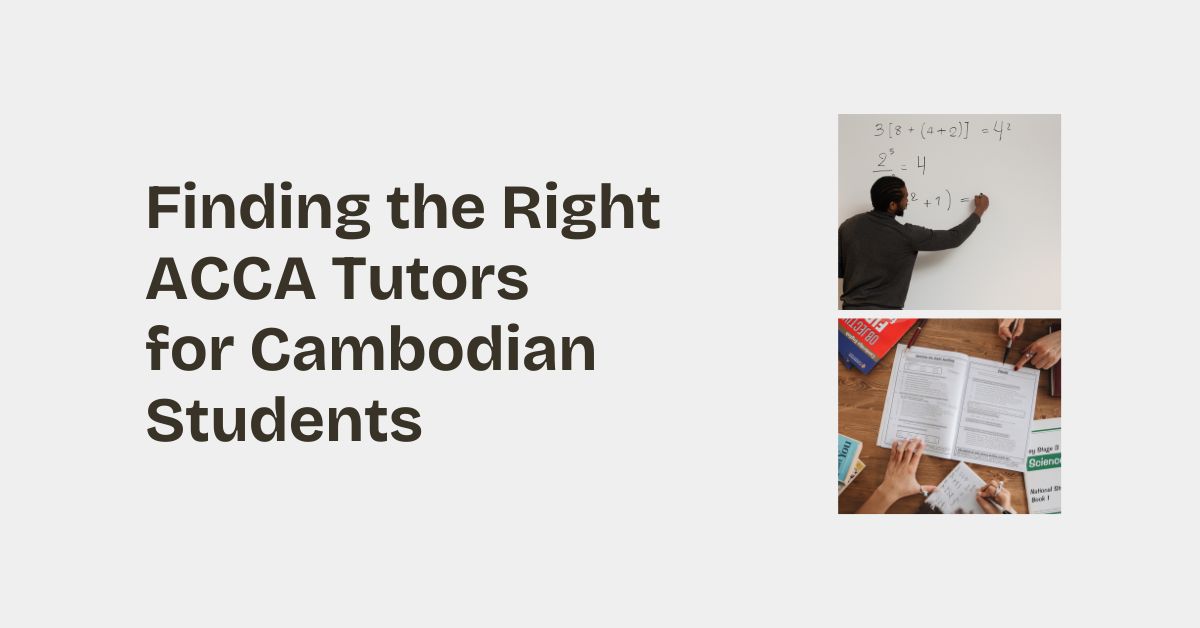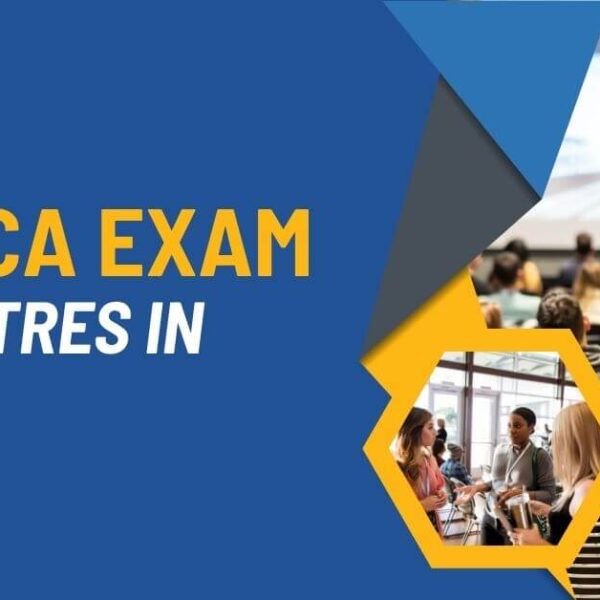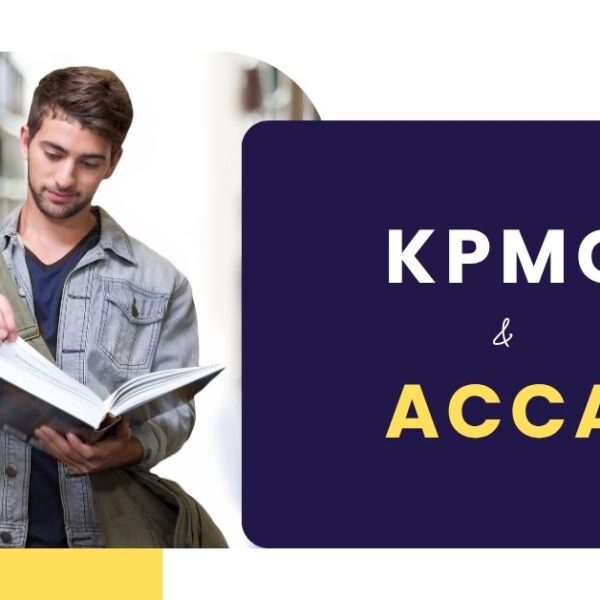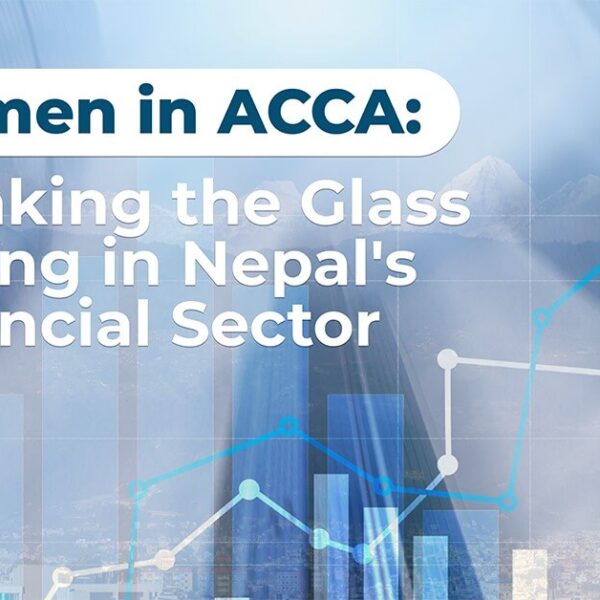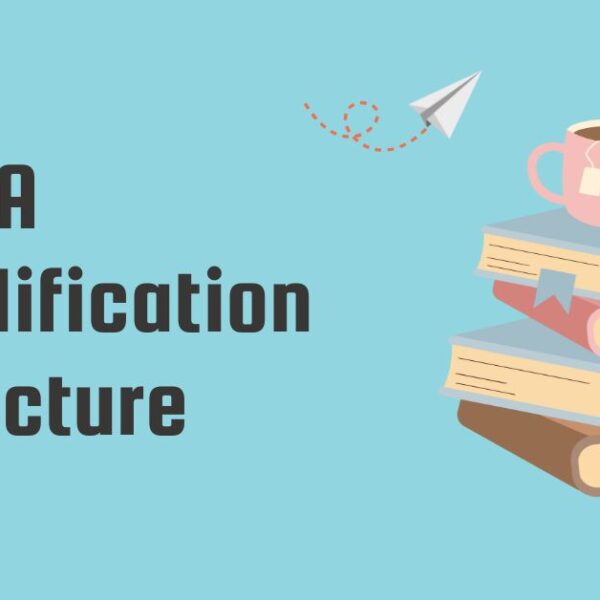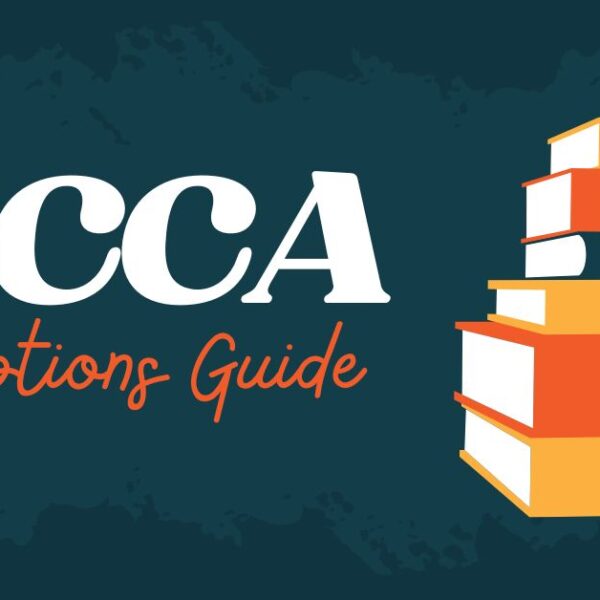The journey toward the ACCA qualification presents significant challenges that many Cambodian students find easier to navigate with professional guidance. Finding the right ACCA tutors can dramatically impact examination success rates and overall learning experience. This guide explores how Cambodian students can identify and select educational support aligned with their specific learning needs.
Understanding Different Tutor Models
Cambodian students have access to several distinct tutor arrangements, each offering unique advantages:
Full-Time Professional Instructors, These dedicated ACCA specialists typically work with established learning providers, offering structured programmes and comprehensive support. They often bring substantial teaching experience and institutional resources.
Practising professionals, such as working accountants who teach part-time, bring valuable practical insights from Cambodia’s business environment. Their real-world examples and contemporary knowledge can effectively contextualise theoretical concepts.
Online Specialists, Digital tutors specialise in remote learning methodologies, supporting students through virtual platforms. This model offers particular advantages for students in provincial Cambodia, where local options are limited.
Peer Mentors, Advanced ACCA students, or recent qualifiers may sometimes provide affordable guidance based on their recent examination experience. While less comprehensive than professional tuition, this approach offers targeted, examination-focused support.
Essential Qualification Criteria
When evaluating potential ACCA tutors, Cambodian students should consider several fundamental qualifications:
- ACCA membership status or equivalent professional credentials
- Teaching experience specifically with the ACCA curriculum
- Track record of student examination success
- Familiarity with current examination formats and techniques
- Understanding of Cambodia’s accounting context
These baseline requirements ensure tutors possess the technical knowledge necessary for effective instruction.
Assessing Teaching Methodologies
Beyond technical qualifications, the teaching approach has a significant impact on learning effectiveness. Cambodian students should explore:
- Balance between theoretical concepts and practical applications
- Availability of practice questions and mock examinations
- Feedback mechanisms and performance assessment
- Supplementary resources provided
- Approaches to difficult concepts and problem areas
Effective tutors adapt their methodologies to accommodate different learning styles while maintaining consistent coverage of examination requirements.
Evaluating Accessibility and Support
The accessibility of guidance outside formal instruction sessions often determines overall educational value. Important considerations include:
- Response times to student questions
- Availability for additional assistance
- Flexibility around scheduling challenges
- Willingness to address individual learning difficulties
- Proactive communication about student progress
These support elements prove particularly important for Cambodian working professionals balancing studies with career responsibilities.
Class Sizes and Individual Attention
Learning environments significantly impact educational outcomes. Cambodian students should consider:
- Student-to-tutor ratios in classroom settings
- Opportunities for individual question time
- Personalised feedback on practice assessments
- Availability of one-to-one consultation sessions
- Mechanisms for addressing individual learning needs
While larger classes may offer cost advantages, smaller groups typically provide more personalised learning experiences.
Technological Integration
Modern ACCA instruction increasingly incorporates digital elements. Effective tutors typically offer:
- Online learning platforms complement face-to-face instruction
- Digital practice resources and assessment tools
- Virtual office hours for remote support
- Recorded sessions for review purposes
- Interactive learning technologies
These digital complements prove particularly valuable in Cambodia’s increasingly connected educational landscape.
Cultural Considerations
For international tutoring options, cultural alignment impacts communication effectiveness. Cambodian students should consider:
- Language proficiency and communication clarity
- Understanding of Cambodian educational backgrounds
- Awareness of regional business practices
- Sensitivity to Cambodian learning preferences
- Accommodation of cultural perspectives
These factors particularly influence the effectiveness of online international tutoring relationships.
Cost Considerations
While investment in quality tuition typically yields strong returns through improved examination success, cost remains a crucial consideration. Cambodian students should evaluate:
- Total programme costs versus individual session pricing
- Available payment structures and instalment options
- Additional fees for study materials and mock examinations
- Value-added services included in tuition packages
- Refund policies and satisfaction guarantees
Transparent pricing structures generally indicate professional educational operations.
Conclusion
The right ACCA tutors transform the qualification journey from a solitary challenge into a supported educational experience. For Cambodian students, taking time to evaluate potential instructors against these criteria helps ensure their investment delivers both examination success and deeper professional development.
By selecting appropriate educational support, candidates position themselves for efficient progression through the ACCA programme while developing the comprehensive understanding necessary for successful accounting careers in Cambodia’s evolving business landscape.

